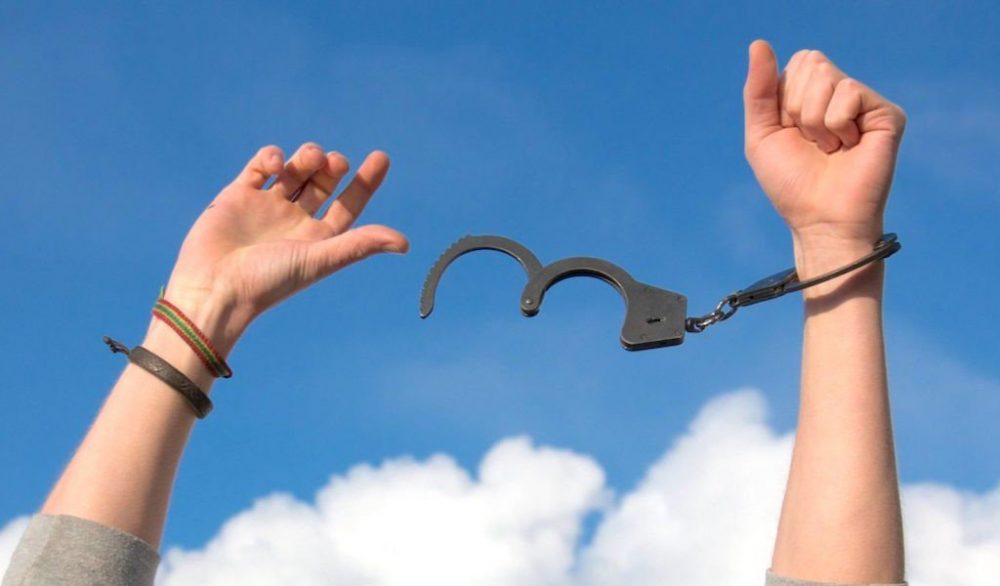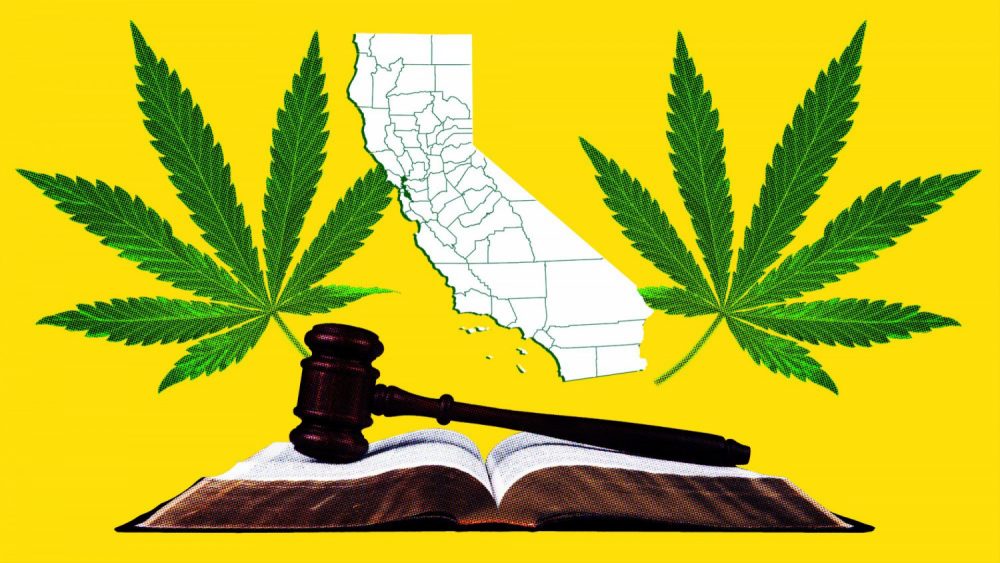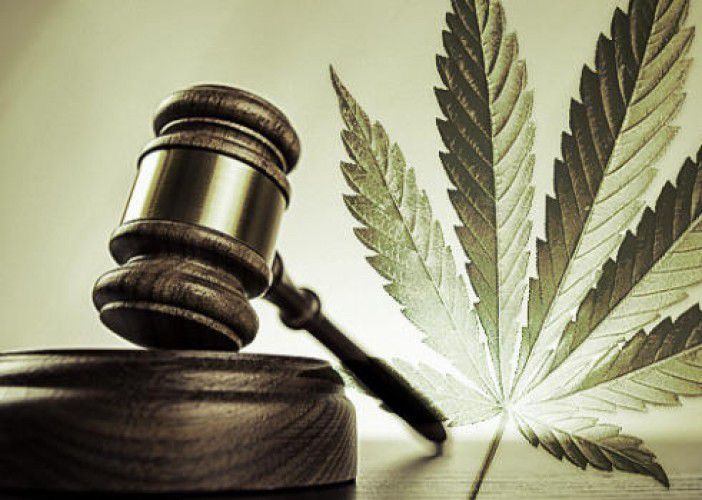In 1996, voters passed California Proposition 215, making California the first state to legalize medical cannabis in the United States. As much of a win this was for the state of California it was the beginning of a long battle uphill with decriminalizing acts centered around the plant, reducing cannabis penalties, or expunging them all together.

Over the years, California has swayed back and forth about the extent of which a person should be charged for acts involving cannabis. These extents have ranged all the way from civil infractions to felonies. Being a convicted felon is an automatic disadvantage in the American lifestyle making a person no longer eligible for most jobs, housing and other opportunities that most Americans can obtain.
This year California is pushing to expunge all eligible cannabis which would downgrade penalties from a felony to a misdemeanor. The legislature in September 2018 approved Assembly Bill 1793, which requires the state to proactively track down and process all marijuana cases eligible for expungement.
AB 1793 gave local prosecutors until July 1, 2020, to process eligible cases. Specifically, AB 1793 provides relief by requiring the State Department of Justice to search their database and identify all Californians potentially eligible for reduction or expungement. This information is then sent to the District Attorney’s Office by July 1st.
After the District Attorney has an opportunity to review, the court can then modify the record if there is no challenge by the District Attorney. It’s expected that several hundred thousand people could have marijuana cases downgraded or erased from their records completely.

RAPPER WEED: WHICH RAPPERS HAVE CANNABIS PRODUCTS IN THE MARKET?
10 UNDERRATED FEMALE RAPPERS YOU SHOULD LISTEN TO RIGHT NOW
9 RAPPERS FROM DETROIT YOU NEED TO KNOW THIS YEAR








